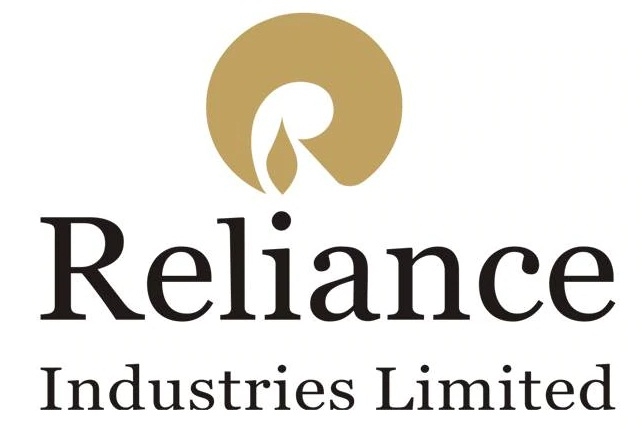Indian government hikes Reliance gas prices to $10.16, piped cooking gas rates unchanged

New Delhi: Reliance’s Gas Price Hiked to $10.16, CNG and Piped Cooking Gas Rates remained Unchanged. As per an official notification, the government has raised the price of natural gas produced from difficult areas like deep sea KG-D6 block of Reliance Industries, to USD 10.16 per million. But the price of gas used for making CNG for fuelling automobiles or used in household kitchens for cooking purposes remains unchanged due to a price cap that is set at 30 per cent less than market rates such as that paid to Reliance.
The increased price will be effective from October 1, 2024.
The Petroleum Planning and Analysis Cell (PPAC) has announced the increased price for deep sea and high-pressure, high-temperature (HPTP) areas. The prices will rise from USD 9.87 per mmBtu to USD 10.16 per mmBtu for the six-month period. This follows three successive bi-annual reductions, including an 18% decrease to USD 9.96/mmBtu in the prior period.
In every six months, the government updates prices for India’s domestic natural gas which are used for CNG, cooking, electricity and automobiles.
The government uses two separate pricing formulas for natural gas. One is for old fields and the another one is for new, hard-to-reach fields like deep sea. The ceiling price for gas from difficult fields such as deep sea adjusted twice a year in April 1 and October 1.
In April last year, India revised the old oil field prices to 10% of Brent crude, capped at $6.5/mmBtu.
India’s legacy field gas prices are revised monthly. In October, the calculated rate was $7.48/mmBtu, but producers will get $6.5/mmBtu, capped by the government.
India’s difficult-area gas prices still follow the old formula, that takes a one-year average of international LNG prices and rates at some global gas hubs with a lag of one-quarter.
The Indian government aspires to transform into a gas-based economy, envisioning a significant increase in natural gas’s contribution to the primary energy mix from 6.3% to 15% by 2030.
















